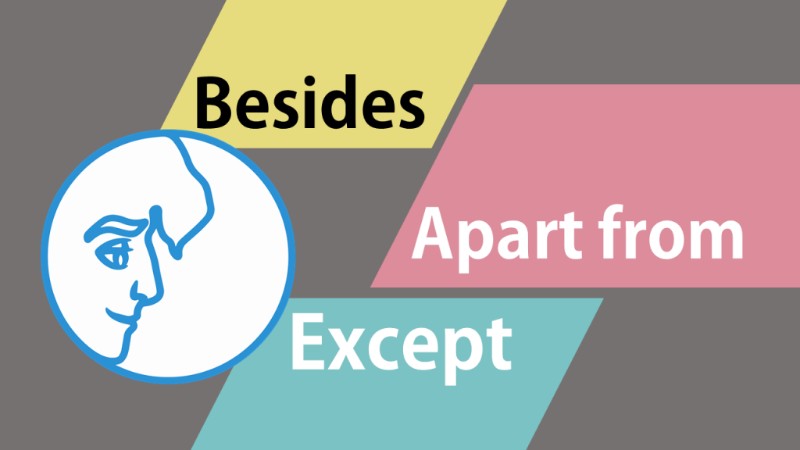
for 和 since 通常用於現在完成式,並且它們都回答了多久“how long”的問題。然而,它們並不能互換使用。for 用於時間段,而 since 用於固定的時間點。
for + 時間段
for 是表示動作持續時間的時間介系詞。for 後面跟著時間段,例如 an hour, 5 days, 6 years 等。
They have been in Paris for 5 days. 他們已經在巴黎待了 5 天。
我們可以在不同的時態中使用 for,它經常與現在完成簡單式和現在完成進行式一起出現。
They have been in London for 5 days. 他們已經在倫敦待了 5 天。(現在完成簡單式)
He has been travelling for 3 months. 他已經旅行了 3 個月。(現在完成進行式)
Lily lived in London for 3 years. 莉莉在倫敦住了 3 年。(過去簡單式)
擴展:for vs ago
since + 時間點
since 顯示了一個動作開始的固定時間點。我們不能用 since 來表示時間段,只能用 since 來表示固定的時間點,例如 yesterday, last week, the 12th of March 等。
They have been in Hongkong since Thursday. 他們自周四以來一直在香港。
She has been waiting since 8 o’clock this morning. 從今天早上 8 點開始,她就一直在等。
我們使用 since 搭配現在完成簡單式或現在完成進行式來顯示動作開始的時間。
My brother has decided to visit the UK since his last trip. 自上次旅行以來,我的兄弟已決定去英國。(現在完成簡單式)
They have been shopping since this afternoon. 他們從今天下午就開始購物了。(現在完成進行式)
since 和 for – 練習題



Comments